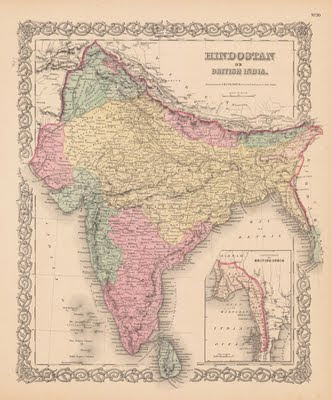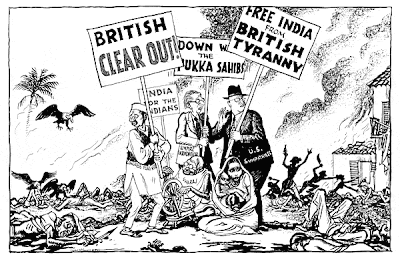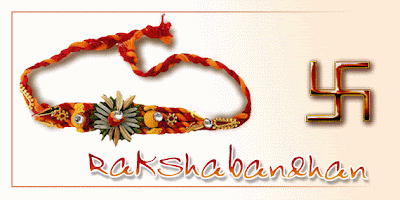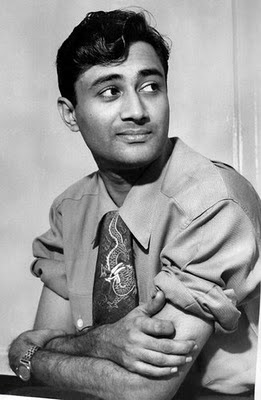

Today marks independence day for both India & Pakistan (since it officially occurred at midnight, India chose August 15th & Pakistan chose August 14th). The 'tryst with destiny' - Nehru's words to describe independence in his first speech to a free India - commemorates a great many things both good & bad. The good obviously was freedom from the British, who for the most part loved India but were nonetheless rulers of a foreign land. The bad (at least as far as I am concerned) is the Partition that took place on the eve of independence. There are a great many articles that focus on whether Partition was the correct decision to make and whether it created/solved the problems that plague both countries to this day. I highly recommend every person of South Asian heritage or anyone with an interest in Indian history hunt down the book 'Freedom at Midnight'. Written by two French authors, it provides a fascinating (and at times heartbreaking) account of the events that led up to the Partition of India and often reads as a piece of fiction rather than a retelling of history.

However since this blog is dedicated to music I will limit the focus to 'what if' in that regard. During the time of partition, Bollywood was just beginning to come into it's own. Muslims made up many of the artists (both in front of and behind the camera) and were forced to make a very difficult decision that fateful day in 1947. Can anyone imagine Indian cinema without Mohammed Rafi, Dilip Kumar, Nargis, or Madhubala? Arguably the greatest classic made for the Indian screen, 'Mughal-E-Azam', had Muslim actors in the lead roles, a Muslim music director (Naushad) & a Muslim producer/director (K.Asif)- in 2006 it had the distinction of being the 1st Indian film to be screened in Pakistan in 44 years. How would Bollywood be different if the Muslim artists hadn't stayed on? What would the landscape of Indian cinema look like today without Shah Rukh, Aamir & (even) Salman Khan? It may seem insignificant but I wonder how many talented artists never got a chance to work in the Indian film industry because of politics - and how much richer the tapestry of Bollywood could have been had they been allowed to do so.

The music today comes from 2 legends of Indian cinema - Noorjehan & Lata Mangeshkar. Noorjehan starred & sang in only 8 Indian movies before migrating to Pakistan but her songs are still remembered fondly to this day. Her most famous song 'Jawan Hai Mohabbat' is an ode to youth. While her voice is atypical of the modern artists that we are used to hearing - just give yourself a chance to be captivated by her incredible depth & range as a singer. Lata Mangeshkar (who respectfully referred to Noorjehan as simply 'Didi' or sister) was just breaking into Indian cinema during the time of partition. Some say that if Noorjehan had stayed in India (she was already a superstar), Lata may not have had the incredible success that she did. My favorite song by her is also one of her earliest, 'Mere Aankhon Mein'. Lata combined both sadness & desire in a way that few could. Both singers with completely different styles - and both unforgettable. Madame Noor returned to India for the first time since Partition to celebrate the 50th anniversary of the Indian talkie (see photo below) and was received by Lataji & Dilip Kumar. She was nervous about the event but Indian audiences had never forgotten her evergreen songs and showered her with the love that can only be compared to a daughter coming back home after being gone for a very long time.
Below you will find the trailer for the National Award winning movie "Garam Hawa" that was briefly banned when it was first released in 1974 for it's honest and stark portrayal of the Partition. Below that are the 2 songs mentioned above.













































